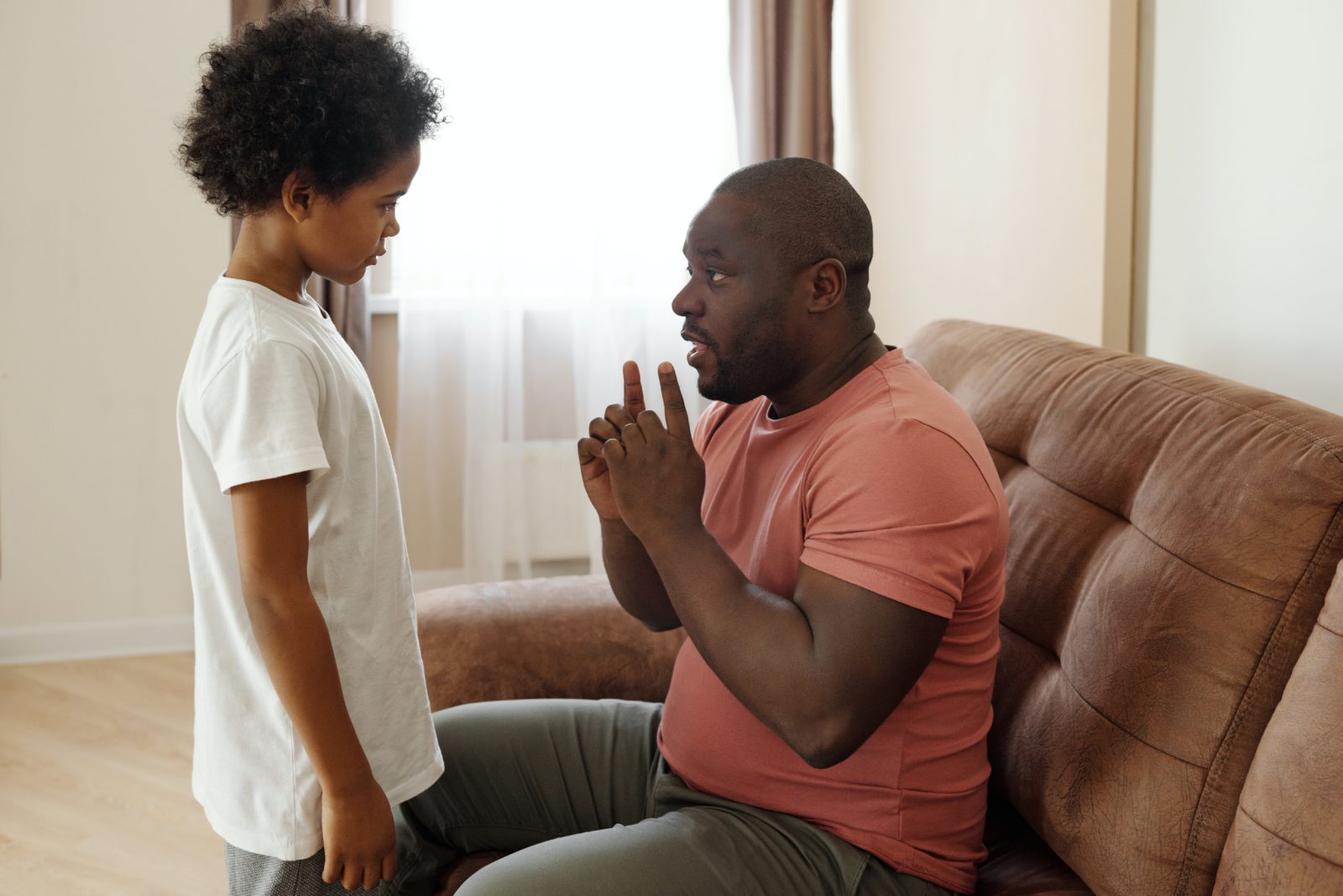Once you have decided to seek the services of a therapist, discussing the idea with your kids might present a challenge. Today we are discussing some tips to help you navigate this tricky and confusing conversation.
What is counseling?
Explain therapy in age-appropriate language. Counseling is a safe place where you play with a new friend and learn about feelings. All kids are familiar with the doctor. Tell your little ones a therapist is like a “feelings doctor.” Tell them a therapist will help them talk about times when they feel sad, mad or bad. You can also tell them that a therapist will talk with them about things they like to do, things they’re good at doing and times when they feel happy and silly.
For older kids who may have some concept of therapy, start by asking them about their expectations. Explain to your older kids that a therapist’s job is to find out about you and help you figure out what you want and how to accomplish it.
Why are we going?
Use an example of a time your child has struggled recently and tell them a counselor will help them with that type of situation. It’s also helpful for kids to know that therapy can address problems and focus on what is going well in their lives.
What will happen during counseling?
Tell your little ones a therapist will have fun toys and interesting games to teach them. Tell your kids how excited you are for their new adventure, and how lucky they are that they get to go talk and play with a special person every week.
Older kids might want to play or draw, or they might just prefer to talk. What differentiates therapy from other interactions with adults is that the child sets the tone for what we play and discuss. This unique relationship can become a haven for teens, who are accustomed to adults telling them what to do. They may take a little longer to warm up to a counselor. They may be suspicious about the therapist’s agenda and what information will be reported to you. Talk with them about your hopes for counseling.
Kids love to have secrets, so let them know you are curious to know as much as they want to tell you about their time in therapy, but it’s OK if there are things they want to keep to themselves. Present counseling as a unique opportunity for learning and fun, and your child will be eager to meet the therapist.
Shying away from open conversations about counseling teaches kids that it is shameful and perpetuates a stigma about seeing a therapist. To combat the still-too-common idea that therapy is embarrassing, it is important to normalize talking with someone about difficulties. Validate any struggles your child may be experiencing and offer counseling as a helpful and educational activity. If you promote therapy as an opportunity for growth, your kids will see it that way, too.

